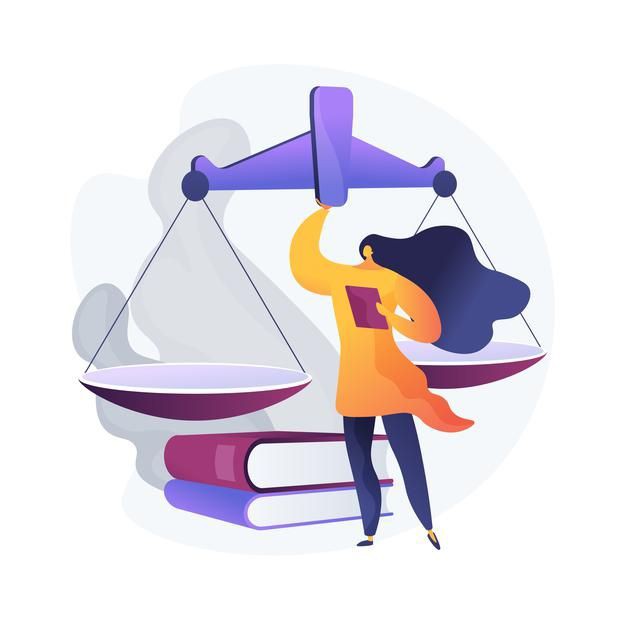Under the Constitution of India, the disabled have been guaranteed the following fundamental rights:
• The Constitution secures to the citizens including the disabled justice, liberty of thought, expression, belief, faith and worship, equality of status and of opportunity and for the promotion of fraternity just as it does for other citizens who are not disabled.
• Artide 14 ensures that the State shall not deny to any person equality before the law or the equal protection of the laws within the territory of India.
• Article 15(1) enjoins on the Government not to discriminate against any citizen of India (including the disabled) on the ground of religion, race, caste, sex, place of birth or any of them.
• Article 15(2) States that no citizen (including the disabled) shall be subjected to any disability, liability, restriction or condition on any of the above grounds in the matter of their access to shops, public restaurants, hotels and places of public entertainment or in the use of wells, tanks, bathing ghats, roads and places of public resort maintained wholly or partly out of government funds or dedicated to the use of the general public. Women and children and those belonging to any socially and educationally backward classes or the Scheduled Castes & Tribes can be given the benefit of special laws or special provisions made by the State.
• There shall be equality of opportunity for all citizens (including the disabled) in matters relating to employment or appointment to any office under the State.
• No person including the disabled irrespective of his belonging can be treated as an untouchable. It would be an offence punishable in accordance with law as provided by Article 17 of the Constitution.
• Every person including the disabled has his life and liberty guaranteed under Article 21 of the Constitution.
• All children of the age of six to fourteen years will be entitled to free and compulsory education provided by the state. (Article 21A).
• There can be no traffic in human beings (including the disabled) and begar and other forms of forced labour is prohibited and the same is made punishable in accordance with law (Article 23).
• Article 24 prohibits employment of children (including the disabled) below the age of 14 years to work in any factory or mine or to be engaged in any other hazardous employment. Even a private contractor acting for the Government cannot engage children below 14 years of age in such employment.
• Article 25 guarantees to every citizen (including the disabled) the right to freedom of religion. Every disabled person (like the non disabled) has the freedom of conscience to practice and propagate his religion subject to proper order, morality and health.
• No disabled person can be compelled to pay any taxes for the promotion and maintenance of any particular religion or religious group.
• No disabled person will be deprived of the right to the language, script or culture which he has or to which he belongs.
• Every disabled person can move the Supreme Court of India to enforce his fundamental rights and the rights to move the Supreme Court is itself guaranteed by Article 32,.
• No disabled person owning property (like the non disabled) can be deprived of his property except by authority of law though right to property is not a fundamental right. Any unauthorised deprivation of property can be challenged by suit and for relief by way of damages.
• Every disabled person (like the non disabled) on attainment of 18 years of age becomes eligible for inclusion of his name in the general electoral roll for the territorial constituency to which be belongs.

